For days, Eros lingered in the mortal world, invisible to all but the occasional flicker of a cat’s gaze or the sudden rustle of wind through the trees. His thoughts were consumed by Julius, the mortal who had ignited a longing so profound that even the god of love could not name it.
From the shadows, Eros watched as Julius wove through the streets of Seoul, his movements graceful yet weighed down by an invisible burden.
Julius lived alone in a modest apartment on the outskirts of the city, its walls lined with canvases and sketches. Some were unfinished, others complete, but all bore the same undercurrent of emotion: longing, loss, and a fragile hope that seemed to tremble on the edge of existence. Eros, accustomed to mortal lives being fleeting and shallow, found himself transfixed by the depth of this one man’s soul.
Late one evening, as the city began to hush under the weight of nightfall, Eros slipped into Julius’s apartment. The god moved like a wisp of air, unseen and undetected. He lingered by the doorway, his golden eyes scanning the space. It was both chaotic and orderly, a reflection of the artist himself.
On the desk near the window lay a photograph. Eros moved closer, his gaze settling on the image of Julius and another man, their arms slung around each other with easy affection. The stranger’s eyes sparkled with mischief, his grin infectious, while Julius’s smile, though wide, held a quieter warmth.
Eros’s gaze shifted to the bouquet of dried flowers sitting beside the photograph, their petals brittle and colorless. A small, folded note lay beneath them, the edges worn as though it had been opened and closed a thousand times. Though he resisted the urge to pry further, Eros could feel the story radiating from these small relics: a bond severed too soon, a love—or perhaps a friendship—that had left a chasm in Julius’s heart.
“Grief,” Eros murmured, his voice a soft sigh in the empty room. “It clings to you like a shadow, doesn’t it?”
The realization struck him with unexpected force: Julius was not merely sad; he was haunted. Haunted by memories, by loss, by the absence of someone who had once been his light. Eros had seen grief in countless mortals before, but never had it felt so tangible, so raw.
As the days passed, Eros began to piece together the fragments of Julius’s life. The young man rarely ventured beyond his apartment except for errands or the occasional stroll by the river. He avoided gatherings and declined invitations, retreating into a world of solitude. His art, once vibrant and filled with life, now lay dormant. Canvases that should have sung with color instead sat untouched, their surfaces blank as though Julius had poured all he had into them and found himself empty.
And yet, Eros saw flashes of the man Julius used to be. There were moments when his gaze softened, when his fingers brushed the edges of his sketchbook as though longing to create again. It was in these moments that Eros felt the strongest pull—a need not to merely observe but to act.
“Why does your pain matter so much to me?” Eros asked himself one night as he sat atop the roof of Julius’s building, gazing down at the faint light spilling from the artist’s window. “I have seen mortals grieve before. I have guided them through love and loss. Why does your sorrow feel like it is my own?”
For the first time in his eternal existence, the god of love felt powerless. The golden arrows he wielded with such mastery could bind hearts together, yet they could not mend the cracks in Julius’s soul. And so Eros was left with a question he had never needed to ask: What does it mean to heal someone, not as a god, but as a being who simply cares?
As the moon rose higher, its silver light illuminating the quiet city, Eros made a decision. He would no longer watch from the shadows. For millennia, he had worked behind the veil, weaving stories of love and loss from a distance. But this time was different.
This time, he would step into the story himself.
“I do not understand this pull,” Eros whispered to the night, his voice carrying the weight of resolve. “But I will follow it. For once, I will act not as a god, but as... a man.”
Though he did not yet know how or why, Eros understood one thing with startling clarity: Julius was not just a mortal to be guided or healed. He was the answer to a question Eros had never dared to ask. And for the first time in his existence, the god of love felt a flicker of hope that perhaps he, too, could know the very force he had gifted to others for so long.
The god of love had found his muse. And nothing would ever be the same.

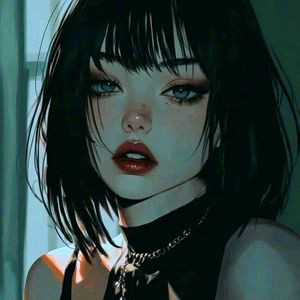




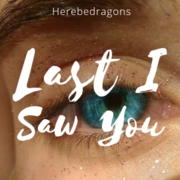
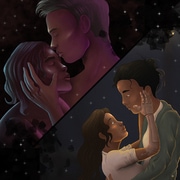

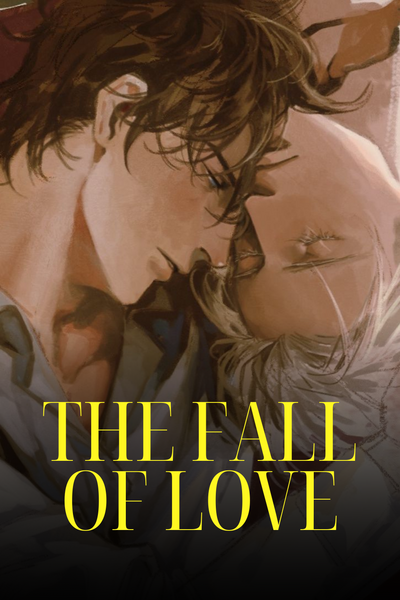
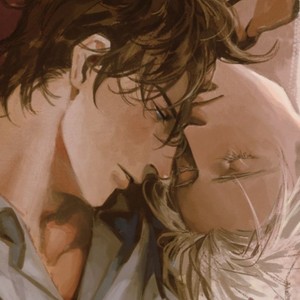
Comments (0)
See all